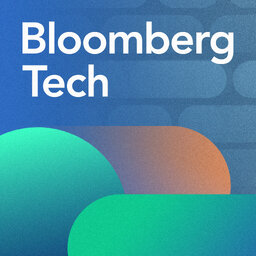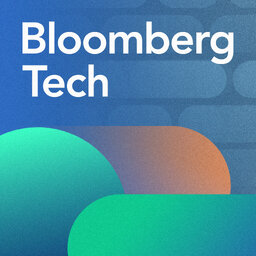Microsoft, Labor Unions and OpenAI
Bloomberg's Caroline Hyde and Ed Ludlow break down Microsoft's 'historic' alliance on artificial intelligence with labor unions. Plus, global regulators examine Microsoft's $13 billion investment in OpenAI, and the EU strikes a deal to regulate ChatGPT and AI.
 Bloomberg Tech
Bloomberg Tech


